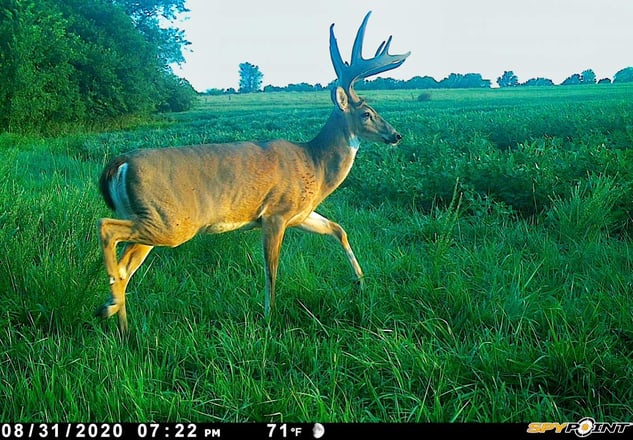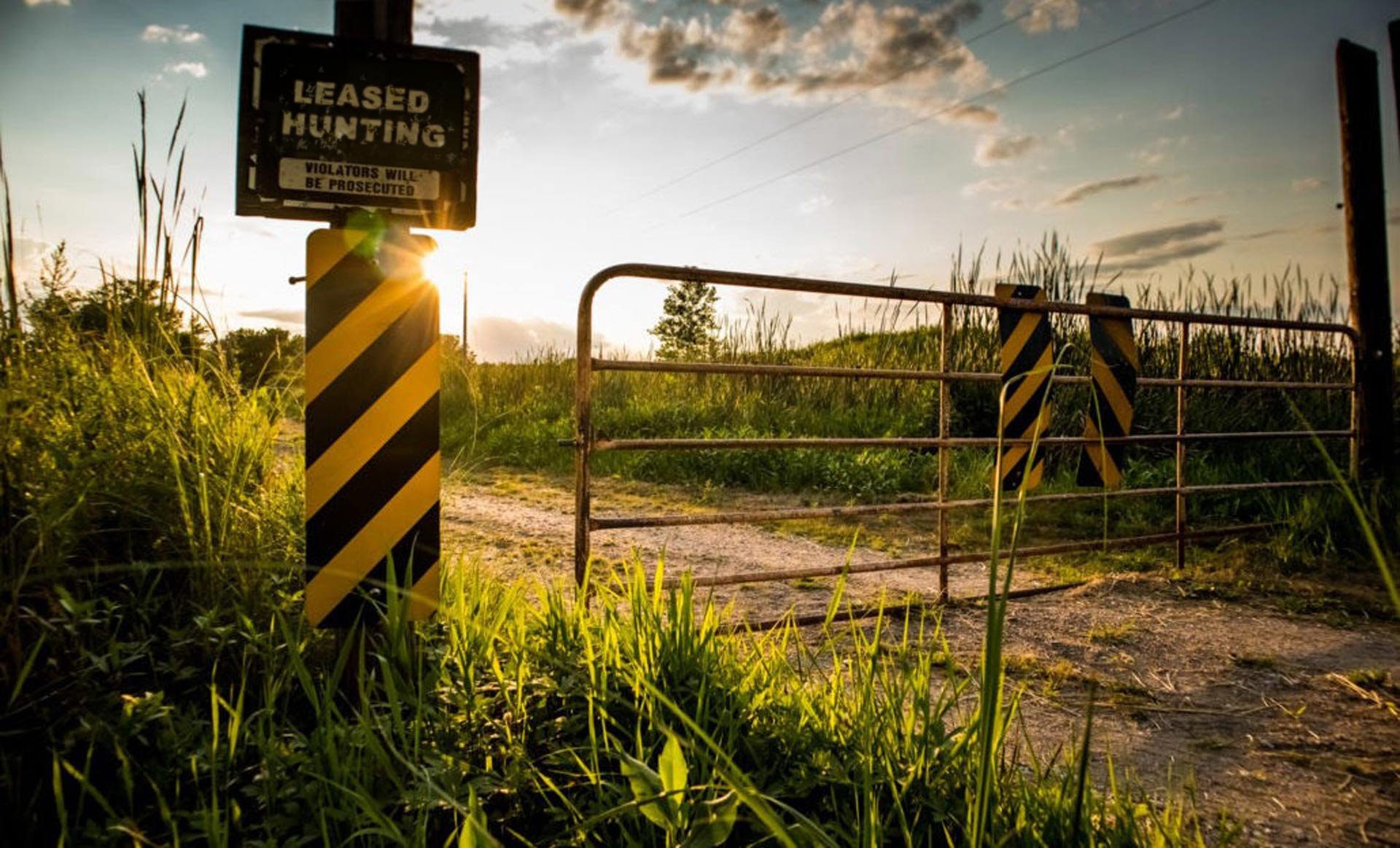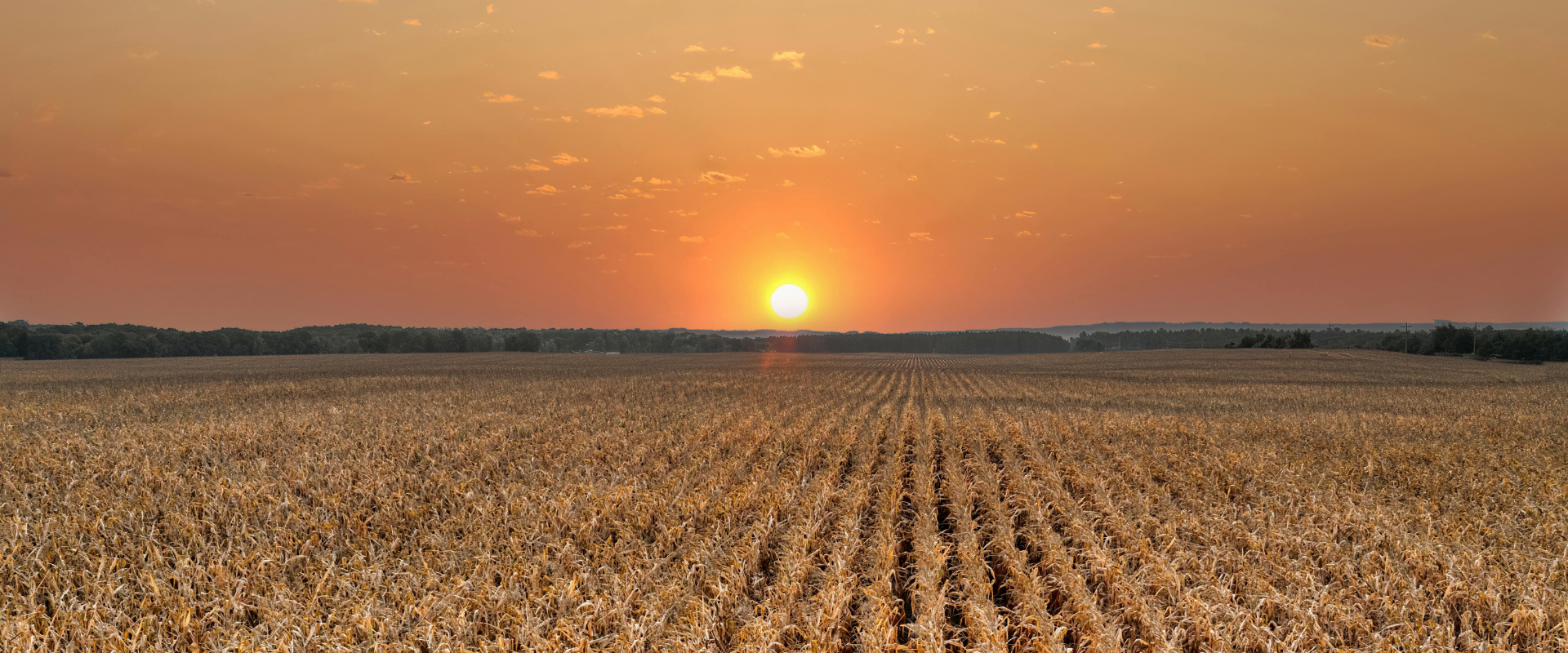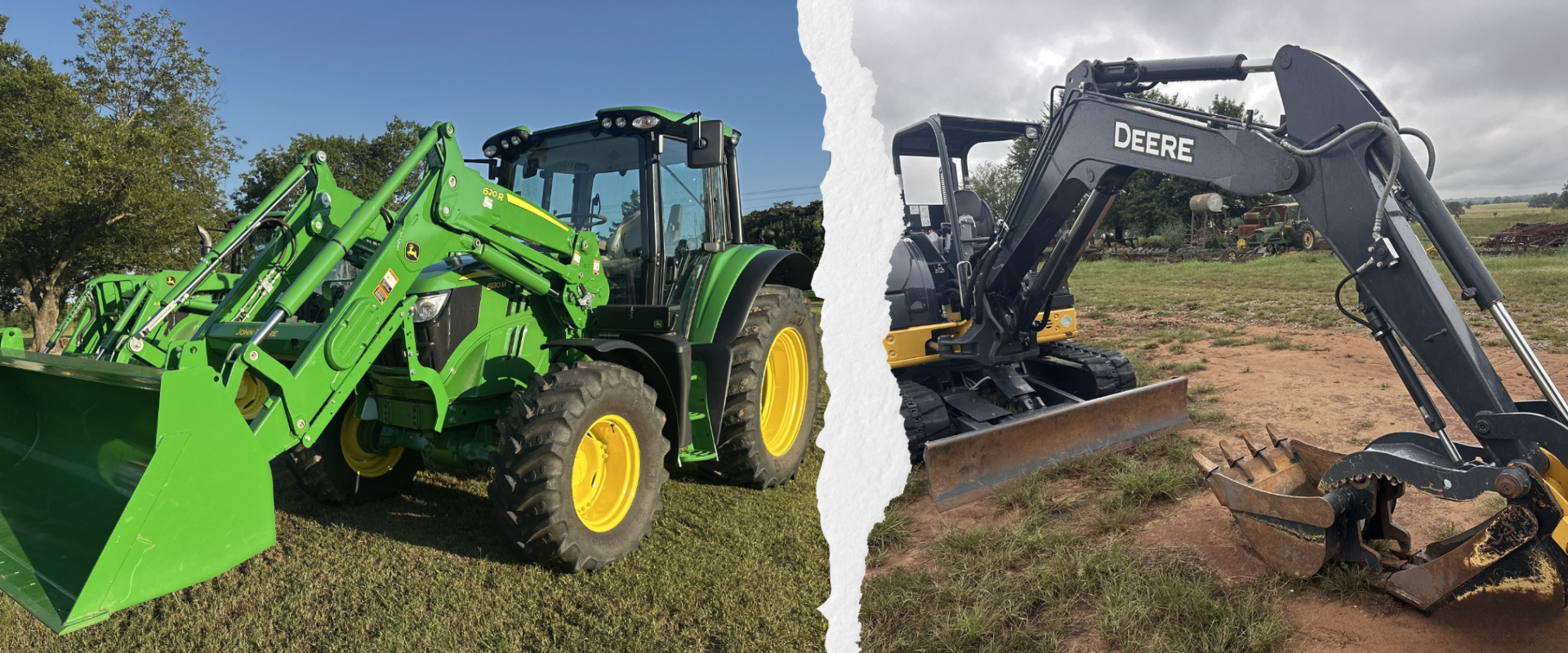Leasing your land to hunters is a great way to make some extra money, but there are some considerations to be had before you pull the trigger.
Buying Land is still one of the safest long-terms investments for growth. But how can you maximize that investment, beyond crops and pasturing, to it's full potential?
Do you have blocks of timber or habitat deer and turkeys call home? A pond or field frequented by fowl? Draws with pheasants and quail? One possibility may be to lease it out to hunters for extra income.
Why are hunting leases becoming so popular?
As the rural landscape in the US continues to erode due to urban sprawl, quality wildlife habitat is lost and as a byproduct less land is available to hunters.
With less private access, more and more hunters are driven to hunt crowded public lands or drop out of the sport all together. Many hunters seek out private land leases because they desire a more controlled hunting experience with less competition, fewer disruptions from other hunters, and the ability to have a bigger impact on how game is managed.
According to hunting lease broker Basecamp, landowners who lease their land for hunting typically see a 5 year return of $17,000-$25,000. Other benefits include:
+ Assistance in reducing crop damage caused by wildlife
+ Reduced trespassing and poaching
+ The ability to avoid hunting party conflicts
+ Peace of mind knowing someone has an eye on your property
+ Security of a contractual agreement
+ Satisfaction of knowing you contributed to someone's joy of the outdoors

A father and daughter share a bowhunt from a ground blind.
Photo credit: Andrew Brown
Preparing To Lease Your Land for Hunting
To get started, some landowners opt to hire a full-service leasing management company, like Basecamp or Hunting Lease Network, who handle the details of property marketing, liability, contracts, payments, renewals, etc...
But most hunting leases are handled directly between the property owners and the hunters. For those who want to manage the process themselves, there are some considerations you should take into account before leasing your land.
Research Local Hunting Regulations
Before you lease your land, make sure you understand your state's hunting regulations.
Each state, and its governing wildlife department, has its own rules and regulations, including season dates, permit and license requirements, game regulations, etc. Familiarity with these rules will help inform how you you set up your contract.
Improve and Market the Land's Hunting Quality
To maximize lease income potential you need to have a premium hunting property with great habitat and a track record of quality hunting. While both are normally the results of long-term habitat and herd management efforts, there are still some things you can do that can make your property worth paying extra for.
- Utilize photos or trail cameras to take an inventory of and showcase the current wildlife. Having recent evidence of mature bucks, waterfowl and/or other game species helps eliminate any hesitations hunters may have about the status of wildlife on your property. (Bonus points if those buck pictures are during daylight.)
- If the property or neighboring properties have been hunted before, utilizing photos of successful hunts and harvests will also help showcase the property.
- If attracting and holding wildlife is important to you, utilize farm equipment like tractors, atvs, skid steers, and chainsaws to tackle habitat management projects like timber stand improvement, food plots, creation of watering holes and planting of warm and cool season grasses.

Trail camera photos of wildlife can add value to your lease.
Photo credit: Andrew Brown
6 Leasing Contract Considerations
One of the most important aspects of renting out your farmland for hunting is to develop contractual lease agreements. Make sure the terms of the contract are clear to ensure there is no misunderstanding between the parties. When preparing your lease, some initial considerations should be:
- Outline the exact areas that can be hunted, if possible, include a map or detailed property description that includes where they may drive/park, areas they must avoid, etc...
- Determine what the lessee can and cannot do while on your property including the game/seasons they can hunt, methods they can use, where and when they can hunt, limits on species sex or amount taken, rules and locations concerning habitat manipulation (food plots, timber improvement, etc...).
- Leases often have stipulations around guests. Preventing lessors from selling hunts, having unaccompanied guests hunt or banning guests all-together is common. One thing to keep in mind is that many hunters enjoy mentoring first time hunters and children. State whether the lessee can bring paid or un-paid guests onto the property, if guests are able to hunt, and if guests must be accompanied by a lessee at all times.
- Determine contract length – is it a one year or multi-year lease, will it automatically renew, do they have first right of refusal for the next contract term.
- Include language surrounding the termination of the contract due to ownership changes, misuse or other stipulations.
- Specify whether or not the lessee will need to have liability insurance and/or sign a landowner liability waiver. If you do allow your lessee to bring guests, state whether or not they need to sign a liability waiver as well.
Hunting Liability Insurance
Safety should be everyone's number one priority, but accidents do happen. Hunting liability insurance covers things like hunting accidents, deer stands, injuries, property damage, guest liability, etc.
landowner waiver, understand what that covers. You may also want to take out an umbrella policy for extra protection.
Making sure lessor and lessee have proper liability protections in place is a critical to protecting yourself and your land.
For more in-depth reading on hunting leases and liability considerations we suggest reviewing this article from National Ag Law Center.

Leased hunting signs can help deter trespassers.
Photo credit: Andrew Brown
In conclusion, renting out your land for recreational use is a great way to fully utilize your property, create an extra revenue stream, and provide much needed access opportunities for sportsmen and women.
If you are interested in buying farmland or recreational properties, BigIron Auctions has real estate for sale and up for auction in NE, KS, IA, CO, MN, OK, SD, IN, and MO. Our agents would be happy to help find you the kind of property you are looking for.
Cover photo credit: Andrew Brown



